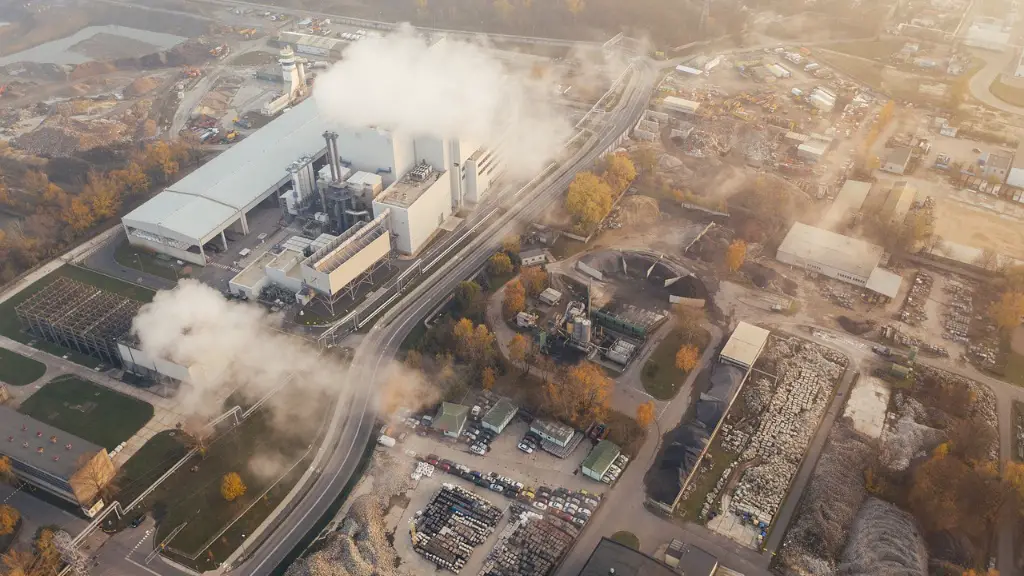In recent years, global warming has emerged as one of the most pressing topics in the scientific community, warranting serious attention from the public. While some may think it is unimportant or too distant to worry about, it is in fact crucial to be aware of the causes of global warming and its potential implications. This article will provide a valuable overview of the implications of global warming, as well as the potential solutions to the problem, ultimately illustrating why it is important to understand this complex issue.
Global warming is caused by increasing concentrations of greenhouse gases, such as carbon dioxide, which trap the sun’s heat in the atmosphere, raising the overall temperature. Some of the main anthropogenic sources of these gases are deforestation, burning of fossil fuels, and industrial practices. As the climate gradually warms, many ecosystems are being adversely affected. Melting glaciers, rising sea levels, and increased temperatures cause changes in the abundance and patterns of certain species, leading to alterations in food web dynamics. In addition, extreme weather events – such as heatwaves and droughts – are becoming more prevalent. This can adversely affect agricultural production, leading to a shortage of food supplies.
The economic and health implications of global warming are not to be underestimated either. Changes in climate have been predicted to result in a drop in economic productivity and an increase in health-care costs, due to the spread of water-borne diseases, respiratory illnesses, and an increase in heat-related deaths. According to the Intergovernmental Panel on Climate Change, the global population can expect to face the financial burden of an additional $2.5 trillion per year by 2050 if no action is taken to reduce emissions.
In order to address the issue of global warming, it is essential that people become aware of the causes and possible solutions. As individuals, there are a variety of things we can do to help reduce emissions and decrease the negative impacts of global warming. We can reduce the amount of waste we produce, opt for public transit, reduce our meat consumption, and convert to renewable energy sources. Strategies to stimulate mitigation efforts at the policy level, such as improved education, enhanced enforcement, and the introduction of carbon taxes, are also important. Much can be done on the international level as well, such as ensuring compliance with climate change agreements, investing in sustainable energy initiatives, and engaging in international dialogue.
Ultimately, global warming is not to be taken lightly; it carries far-reaching implications for our present and future, and should not be dismissed as an abstraction. It is crucial that we all educate ourselves on the causes and effects of global warming, as well as the potential solutions, in order to make a change and protect our planet for years to come.

